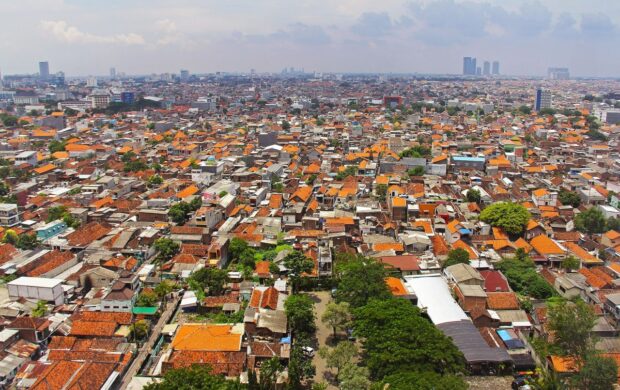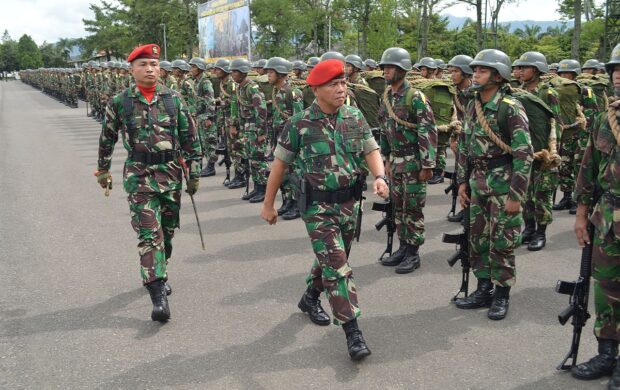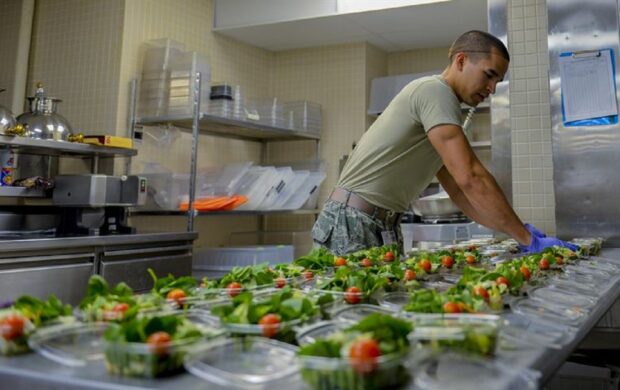At least eight cities in India with industrial areas focused on coal production including Bilaspur, Raipur, and Bhilai are now facing dire climate-related health impacts. While several diseases are spreading at a much faster pace, the National Family Health Survey has also shared that mothers across India are struggling with reduced or lack of milk production post-birth.

So what?
Taking a more integrated approach, the National Program for Climate Change and Human Health Program is now working on tackling excessive coal smoke and restoring landscapes such as water quality and green cover.
While these are steps in the right direction, questions still linger around what the long-term effects of these health impacts are on the people. How will this impact questions of food security and nutrition in the region? With growing prices and subsequent disparities, how will the public sector tackle the inaccessibility of necessary nutrition in the form of formula or milk for newborns and children?



















Join discussion